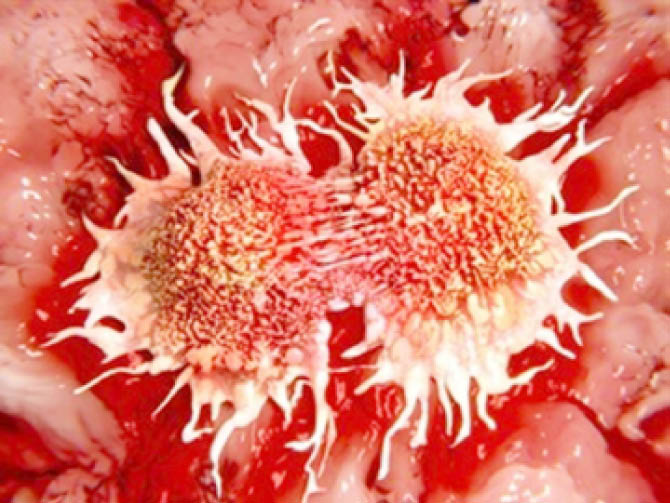Experts have said the use of proton therapy for cancer treatment has a lot of benefits in improving outcomes of treatment and the quality of survival from the disease.
The experts, who are from the Apollo Proton Cancer Centre (APCC), Chennai, India, stated this during an interactive session with the media on Proton Beam therapy in Abuja.
- Katsina gov’t returns over 12,000 IDPs to their communities
- Merrybet 5Stars Premier League debut in Lagos
Proton therapy is a radiation therapy that uses tiny particles called protons as excellent cancer cell killers.
Protons deliver their energy but do not damage healthy tissue in comparison to photon therapy.
According to medical experts, a higher dose of radiation can be targeted at the tumour without affecting many normal healthy cells.
They say it can be effective in treating tumours of the brain, head and neck, central nervous system, lung, prostate, and gastrointestinal system.
Proton therapy is often the preferred option for treating solid tumours in children because protons can be controlled precisely so there is less radiation to normal tissues; helps prevent serious complications and lessen the chance of secondary tumours.
The experts said proton therapy has multiple advantages that target tumours and cancer cells with precision and minimal exit dose thus reducing overall toxicity.
They say it also reduces the probability and/or severity of short-and long-term side effects on surrounding healthy tissues and organs. In addition, it is also favourable in treating recurrent tumours, even in patients who have already received radiation.
Dr Sapna Nangia, Senior Consultant, Radiation Oncology programme for Head Neck, Breast and Gynaecological Cancers at the Apollo Proton Cancer Centre, Chennai, India said Proton therapy has emerged as an excellent treatment modality for a number of cancers.
She said one of the most common sites being treated at the Apollo Proton Cancer Centre is cancers of the head and neck.
“Patients undergoing Proton therapy have significantly less discomfort during and after treatment and are less likely to require hospital admission, tube feeding, or treatment interruption.
“In patients with tumours involving the skull base, protons improve the safety of critical organs like the visual pathway and the brain stem.
“At Apollo Proton Cancer Centre, we have the latest PBS technology which enables us to deliver highly focused treatments to each tumour, and each tumour is treated with protons, spot-by-spot and layer-by-layer.
“It has been proven to be successful in curing or controlling many cancers when used appropriately,” she said.
Mohammed Kabir, son of Ms Safiya who was treated at Apollo Proton Cancer Centre, Chennai, said his mother was diagnosed with colon cancer in Dubai in October 2019, and she underwent surgery in the country.
He said, “After taking a few sessions of chemotherapy, she returned to Nigeria. For a follow-up, we wanted to take her to Turkey, but all our research showed that Apollo Proton Cancer Centre was a better option considering the expertise, knowledge, and advanced technology that it’s equipped with.
“We could not have made a better decision as we got the best service, treatment and care at APCC.”
Amit Chaturvedi, Deputy General Manager, International Marketing, of the cancer centre, said every year Nigeria has 115,950 new cancer cases, with many more undiagnosed and unregistered.
Chaturvedi said every month, Apollo receives over 100 patients in India, adding, “But our intention is not only to take patients from Nigeria to India or from any other country to India.
“We believe in capacity building in the field of healthcare of the country of origin where the patient belongs to. We are in talks with the National Hospital to run clinical programmes in collaboration. We are focusing on telemedicine from Nigeria as well,” he said.
He said the cost of the proton therapy is $65,000. That is the package cost from evaluation to treatment and everything.
He said the Apollo Proton Cancer Centre (APCC), is the first and only proton therapy centre in South Asia and the Middle East and India’s first JCI accredited Cancer hospital.

 Join Daily Trust WhatsApp Community For Quick Access To News and Happenings Around You.
Join Daily Trust WhatsApp Community For Quick Access To News and Happenings Around You.


